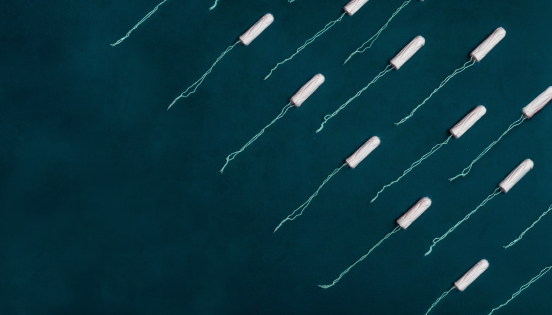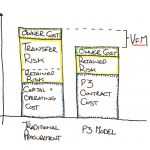Access to feminine hygiene products is a common problem around the world but is especially evident in rural or remote areas far removed from markets where goods are typically supplied. Perhaps not initially evident, the issue is also pervasive in northern and remote communities of Canada and has a disproportionate impact on Indigenous communities in particular.
A lack of access to these products has been found to reduce participation of young women in schools which further alienates an already sensitive population who have a disproportionately low academic enrollment and completion rate. Policies aimed at equalizing access to these products across Canada will help reduce gender inequality and increase inclusion of young females in school and in society at large.
In 2015, in response to significant public pressure, the federal government of Canada removed GST and HST from feminine hygiene products in an effort to make them more affordable, however; this does not address the issue of product access in many areas of the north where products are not only expensive but also scarce. Access to all goods can be limiting to rural and remote communities, especially seasonally, so the issue of scarcity is not unique to feminine hygiene products alone, but scarcity of these products further highlights the disproportionate inequality carried by these community members.
To combat this problem, it will be necessary to both reduce the cost and increase the supply/access of these products in remote communities. Additionally, increasing the representation of women in leadership roles could lead to institutional changes as it has been suggested that male leaders are either unaware of the problem or do not place enough value on it.
http://www.huffingtonpost.ca/2017/01/18/your-time-womens-empowerment-foundation_n_14230930.html
Federal government taking the tax off tampons and other feminine hygiene products, effective July 1





